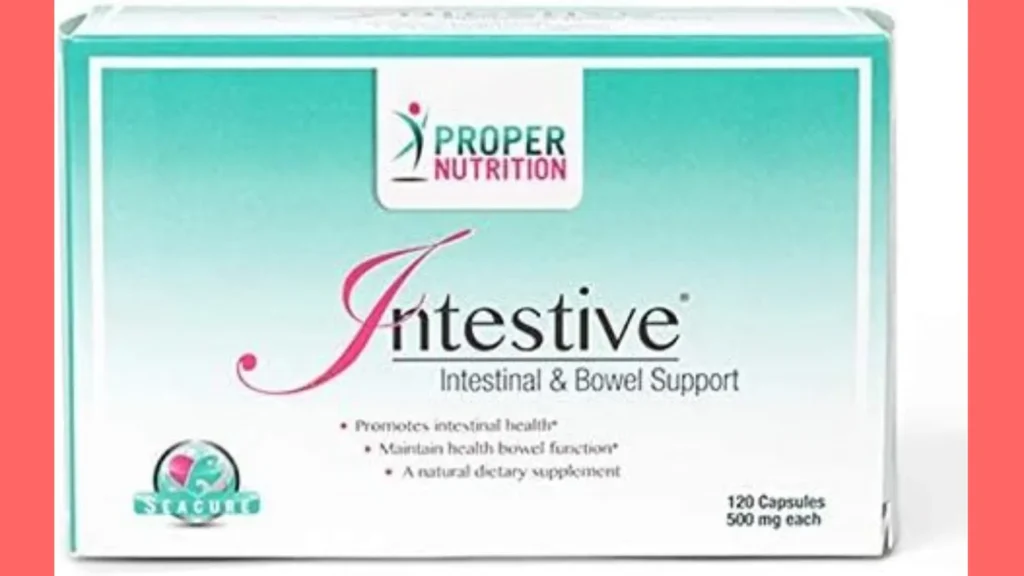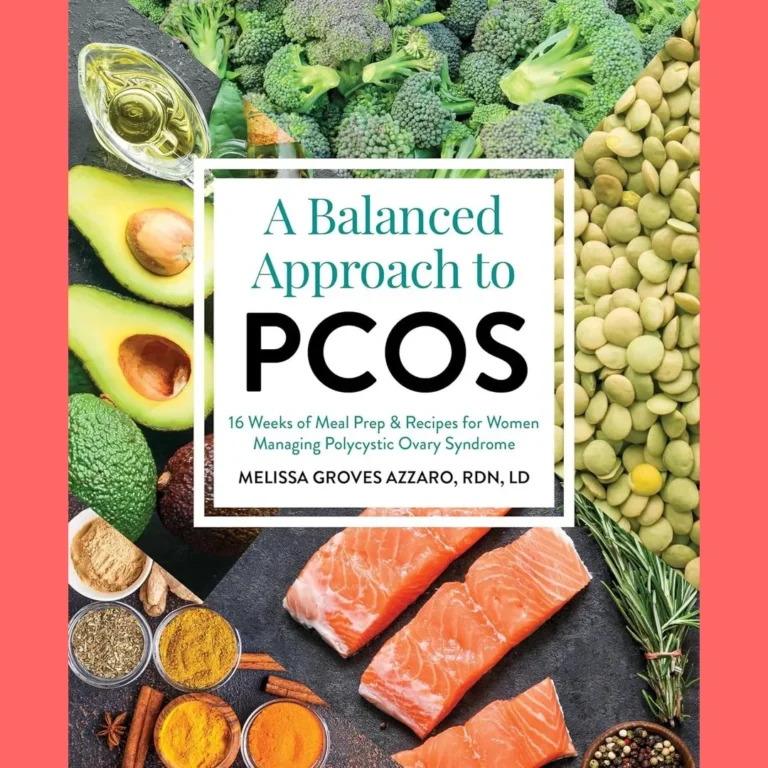Basic Proper Nutrition
Proper nutrition is a vital aspect of maintaining a healthy and functioning body.
While many people focus on the visible outcomes of a balanced diet, such as weight management and physical appearance, the impact of nutrition on our internal systems is often overlooked.
One of the most essential systems in our bodies is the digestive system, specifically the bowel and intestinal tract.
These organs are responsible for breaking down and absorbing the nutrients from the food we consume, playing a crucial role in our overall health and well-being.
However, due to various factors such as poor diet, stress, and medication use, our bowel and intestinal health can become compromised, leading to discomfort and a decrease in nutrient absorption.
In this article, we will delve into the importance of proper nutrition for bowel and intestinal health, as well as explore some practical tips and techniques for maintaining optimal functioning of these vital organs.
By understanding the significance of nutrition in supporting our bowel and intestinal system, we can take proactive steps towards a healthier and more balanced lifestyle.
Table of Contents Basic Proper Nutrition
Understanding the role of nutrition
A crucial aspect of maintaining optimal digestive health is understanding the role that proper nutrition plays in supporting the function of our bowels and intestines.
Nutrition provides the essential building blocks and fuel that our bodies need to function effectively, including the digestive system.
By consuming a well-balanced diet rich in fiber, vitamins, minerals, and antioxidants, we can promote regular bowel movements, improve intestinal health, and support overall digestive wellness.
Furthermore, incorporating foods that are easily digestible and avoiding triggers such as processed foods, excessive sugar, and unhealthy fats can help prevent digestive issues such as constipation, bloating, and inflammation.
Understanding the connection between nutrition and digestive health empowers us to make informed dietary choices and prioritize the well-being of our bowels and intestines.
Key nutrients for bowel health
To maintain optimal bowel health, it is essential to ensure an adequate intake of key nutrients that support the proper functioning of our digestive system.
One important nutrient is fiber, which plays a crucial role in promoting regular bowel movements and preventing constipation.
Foods rich in fiber include fruits, vegetables, whole grains, and legumes.
Additionally, probiotics, or beneficial bacteria, are vital for maintaining a healthy balance in the gut microbiome.
They can be found in fermented foods like yogurt, kefir, and sauerkraut.
Adequate hydration is also important, as it helps soften stools and facilitates their passage through the intestines.
Along with these key nutrients, incorporating a variety of vitamins and minerals, such as vitamin C, vitamin D, magnesium, and zinc, can further support bowel health and overall digestive function.
By prioritizing these key nutrients in our diet, we can promote a healthy and well-functioning bowel and intestinal system.
Fiber for digestive regularity
Fiber plays a vital role in promoting digestive regularity and maintaining bowel health.
It acts as a natural bulking agent, adding bulk to the stool and facilitating its movement through the digestive system.
By incorporating fiber-rich foods into our diet, such as whole grains, fruits, vegetables, and legumes, we can ensure an adequate intake of this essential nutrient.
Not only does fiber prevent constipation by adding bulk to the stool, but it also helps regulate bowel movements, preventing both diarrhea and excessive strain during bowel movements.
Furthermore, fiber supports the growth of beneficial bacteria in the gut, promoting a healthy gut microbiome, which is essential for optimal digestive function.
By including fiber in our daily diet, we can support digestive regularity and maintain optimal bowel and intestinal health.
Probiotics for gut balance
Probiotics have gained significant attention in recent years for their potential in promoting gut balance and overall digestive health.
These live microorganisms, often referred to as “good” bacteria, can be found in certain foods such as yogurt, kefir, and fermented vegetables.
Probiotics work by colonizing the gut and supporting the growth of beneficial bacteria, which in turn helps maintain a healthy balance in the digestive system.
Research suggests that probiotics may help alleviate symptoms of digestive disorders such as irritable bowel syndrome (IBS) and inflammatory bowel disease (IBD), as well as improve overall gut function.
Incorporating probiotic-rich foods or considering probiotic supplements can be a valuable addition to a comprehensive approach towards proper nutrition and intensive bowel and intestinal support.
Importance of water intake
Adequate water intake is essential for maintaining proper nutrition and supporting optimal bowel and intestinal function.
Water plays a crucial role in digestion, absorption, and transportation of nutrients throughout the body.
It helps break down food, facilitates nutrient absorption in the intestines, and aids in the elimination of waste and toxins.
Without enough water, the digestive process can be compromised, leading to constipation, bloating, and other digestive issues.
Additionally, water helps to lubricate the intestines, promoting regular bowel movements and preventing discomfort.
It is important to stay hydrated by drinking an adequate amount of water each day to support overall digestive health and ensure the proper functioning of the gastrointestinal system.
Avoiding trigger foods
To support proper nutrition and enhance bowel and intestinal function, it is important to pay attention to the foods we consume and their potential impact on our digestive system.
Avoiding trigger foods can be an effective strategy in managing gastrointestinal discomfort and promoting overall digestive health.
Trigger foods are those that tend to exacerbate symptoms such as bloating, gas, abdominal pain, or diarrhea in individuals with sensitive digestive systems.
Common trigger foods include high-fat or greasy foods, spicy foods, caffeine, alcohol, artificial sweeteners, and certain types of raw vegetables or fruits.
By identifying and avoiding these trigger foods, individuals can reduce the likelihood of experiencing digestive discomfort and improve their overall well-being.
Managing stress for digestion
Chronic stress can have a profound impact on our digestive system, leading to symptoms such as indigestion, bloating, and altered bowel movements.
It is crucial to recognize the connection between stress and digestion and develop effective stress management techniques to support optimal gut health.
Practices such as mindfulness meditation, deep breathing exercises, and regular physical activity can help reduce stress levels and promote relaxation.
Additionally, finding healthy outlets for stress such as engaging in hobbies, spending time with loved ones, or seeking support from a therapist or support group can contribute to better digestive function.
By managing stress effectively, we can create a harmonious environment for our digestive system to function optimally and promote overall well-being.
Expert advice for optimal nutrition
When it comes to achieving optimal nutrition, it is important to consult with experts in the field of nutrition and wellness.
These professionals have the knowledge and expertise to guide individuals on making informed choices when it comes to their dietary habits.
They can provide personalized recommendations based on factors such as age, gender, activity level, and specific health needs.
Expert advice may include consuming a balanced diet that includes a variety of fruits, vegetables, whole grains, lean proteins, and healthy fats.
Portion control and mindful eating practices are also often emphasized, along with staying hydrated and limiting processed foods and added sugars.
By following expert advice for optimal nutrition, individuals can support their overall health and well-being, including the health of their bowel and intestinal function.
In conclusion, proper nutrition plays a crucial role in promoting a healthy digestive system.
By incorporating high-fiber foods, probiotics, and staying hydrated, we can support the function of our bowels and intestines.
Along with a well-balanced diet, seeking professional guidance and using supplements such as prebiotics and digestive enzymes can also aid in maintaining a healthy gut.
Remember, a healthy gut means a healthier and happier you.
So, let’s prioritize our digestive health and give our bodies the support they need.
FAQ
What are some key nutrients and foods that can support proper nutrition for bowel and intestinal health?
Foods rich in fiber such as fruits, vegetables, whole grains, and legumes are essential for bowel and intestinal health as they promote good digestion and regular bowel movements.
Probiotic-rich foods like yogurt, kefir, sauerkraut, and kimchi can help maintain a healthy gut microbiome.
Additionally, staying hydrated with water and consuming sources of healthy fats like avocados, nuts, and seeds can also support overall digestive health.
Ensuring a balanced diet with a variety of nutrients is key to maintaining optimal bowel and intestinal function.
How can probiotics and prebiotics play a role in supporting a healthy digestive system?
Probiotics are beneficial bacteria that help maintain a healthy gut microbiome, aiding in digestion and nutrient absorption.
Prebiotics are indigestible fibers that serve as food for probiotics, promoting their growth and activity in the gut.
Together, probiotics and prebiotics work synergistically to support a balanced gut flora, enhance gut health, improve digestion, strengthen the immune system, and reduce inflammation in the digestive tract.
Incorporating both probiotics and prebiotics into your diet can help maintain a healthy digestive system by promoting the growth of beneficial bacteria and maintaining a balanced gut microbiome.
What are some common digestive issues that can arise from poor nutrition, and how can they be prevented or managed?
Common digestive issues from poor nutrition include constipation, diarrhea, bloating, and acid reflux.
These can be prevented or managed by consuming a balanced diet rich in fiber, drinking plenty of water, avoiding excessive fatty or spicy foods, and limiting alcohol and caffeine intake.
Incorporating probiotics, regular exercise, and stress management techniques can also promote healthy digestion.
Seeking guidance from a healthcare provider or dietitian can help address specific dietary needs and create a personalized plan for better digestive health.
Are there any specific dietary guidelines or recommendations for individuals looking to improve their bowel and intestinal health?
Yes, there are several dietary recommendations to improve bowel and intestinal health, including increasing fiber intake from fruits, vegetables, whole grains, and legumes; staying hydrated by drinking plenty of water; consuming probiotic-rich foods like yogurt and kefir; limiting processed foods high in sugar and fat; and avoiding trigger foods that may cause digestive issues.
Additionally, listening to your body’s hunger and fullness cues, eating smaller, more frequent meals, and incorporating regular physical activity can also support overall digestive health.
Consulting with a healthcare provider or registered dietitian for personalized recommendations is advised.
How can incorporating fiber-rich foods into one’s diet help support proper digestion and overall gut health?
Fiber-rich foods aid in digestion by promoting regular bowel movements, preventing constipation, and supporting the growth of beneficial gut bacteria.
This creates a healthier environment in the digestive tract, reducing the risk of digestive issues such as bloating and gas.
Additionally, fiber helps maintain a healthy weight, lowers cholesterol levels, and regulates blood sugar levels.
By incorporating fiber-rich foods like fruits, vegetables, whole grains, and legumes into one’s diet, individuals can promote proper digestion, improve gut health, and reduce the risk of gastrointestinal problems.








